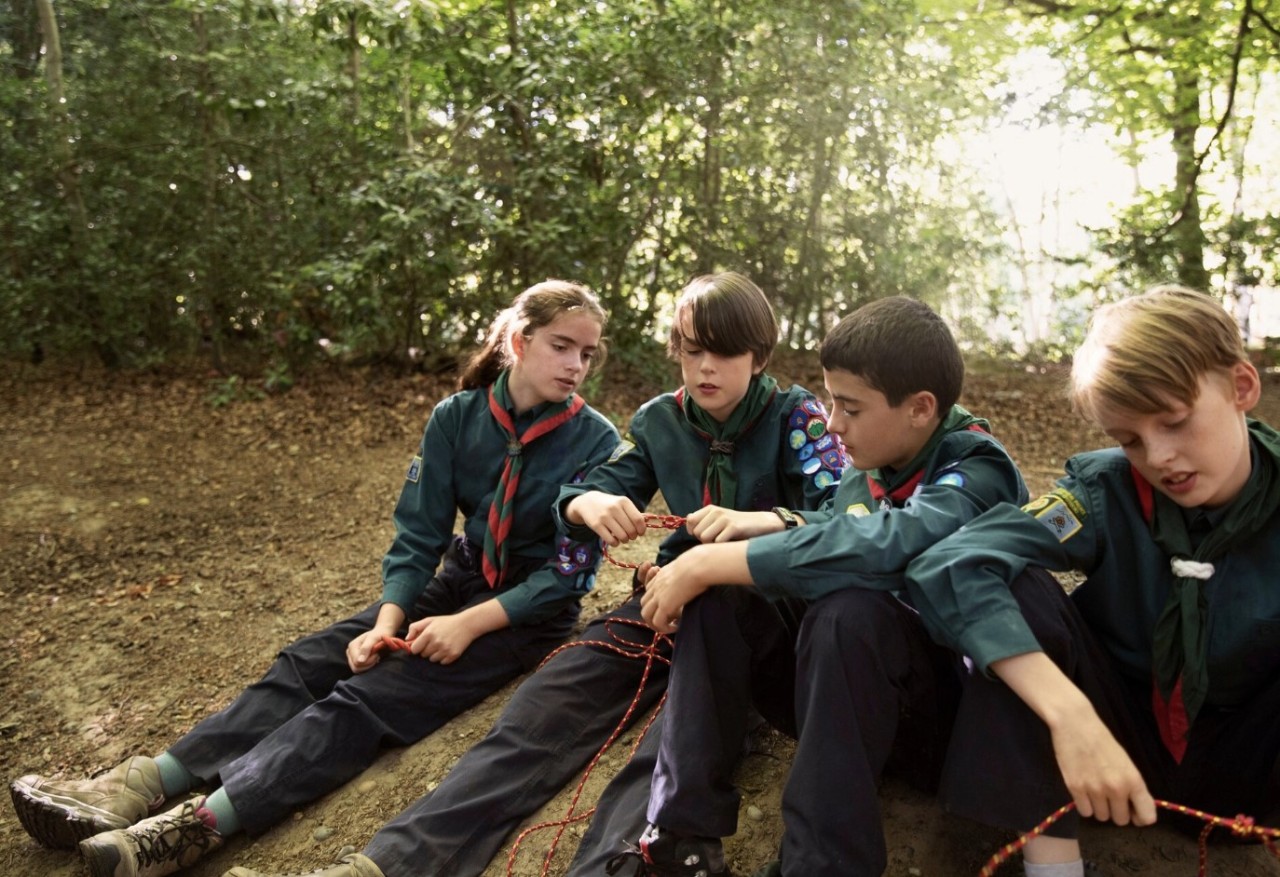Insight Blog
Agility’s perspectives on transforming the employee's experience throughout remote transformation using connected enterprise tools.
6 minutes reading time
(1213 words)
The Impact of Educational Workshops on Employee Engagement and Organizational Culture
Discover how educational workshops boost employee engagement and enhance organizational culture. Learn strategies for improving team motivation and company morale.
It is natural for individuals to seek stability and predictability, particularly in their professional lives, where a sense of order and reliability can significantly enhance job satisfaction and performance. Research shows that [specific statistic or research finding] however, the modern work environment often defies this desire for stability.
In today's rapidly evolving marketplace, change and significant disruptions are not just occasional events but the status quo. This constant flux can create a challenging landscape for employees, who may grapple with unexpected shifts and evolving demands. However, with the right guidance and support, such frequent changes can be seen as opportunities for growth and development, rather than just sources of stress and burnout.
In today's rapidly evolving marketplace, change and significant disruptions are not just occasional events but the status quo. This constant flux can create a challenging landscape for employees, who may grapple with unexpected shifts and evolving demands. However, with the right guidance and support, such frequent changes can be seen as opportunities for growth and development, rather than just sources of stress and burnout.
Understanding how to navigate and manage these dynamics is crucial for leaders who aim to maintain a resilient and engaged workforce. By addressing the inherent instability of today's work environment and fostering a supportive atmosphere, leaders can help their teams adapt and thrive despite the ongoing changes.
What are Educational Workshops, and why do we need them?
Training workshops, in a way, are the new path towards teaching. Even though it costs quite a lot of money and time to get a college degree, it leaves most people unprepared for the rigors of the workplace.
Most employees graduate college and will still need a lot of training and effort to get to a level that is considered functional. It has become obvious that the classic didactic method of having people sit down, take notes, and listen to lectures is not as engaging as expected.
Superficially, a workshop can take the outside appearance of a regular class, yet the content, organization, and engagement levels have to be different.
They take the form of a training session with much more structure and interactivity.
The key word is "engagement".
Studies done on students just listening to a classic, standard lecture show us that retention is somewhere in the 50-40 percent rate. That means that half of what is said and mentioned will be forgotten and fall on deaf ears.
Then, the studies were run again, but this time, the students were given something to do. Either they had to write things down, draw, or actively participate in the course. The results were much better, with retention rates skyrocketing.
There are actually two different areas of the human brain responsible for observing and action. The lesson learned is that simply observing is not an optimal way to learn or retain information.
Workshops do just that, and they encourage more involvement and participation instead of sitting someone down with headphones and making them watch instructional videos.
Academic learning vs On-the-job training
In higher education, many students rely on quick memorization to pass exams. Some don't even do that and just buy their paper from some of the best paper writing services they can afford.
But in a corporate environment, you can't afford just to skim by. You are building a career, and every bit of knowledge and competence will go towards improving or damaging your reputation.
It matters what you learn, as you aren't trying to fill a credit quota to get passed to the next year.
When asked for feedback after workshops, one of the most cited benefits is the ability to learn things that are relevant to the here and now. We are skipping all of the irrelevant parts and going straight for what matters.
Solving real issues while having fun
So far, we've covered mostly one benefit of workshops for employees, namely the learning aspect. Yet, workshops can also be used as brainstorming sessions.
There's this concept in system design called "gamification". It is the practical theory that you can make anything better by turning it into a game.
For example, parents turn their kid's household chores into a game with points. And this does work to motivate the child more. Another more advanced example is that biochemists were struggling to code protein structures.
So they developed a game that turned coding into a fun activity, and people actually made scientific breakthroughs and found new protein strands.
A similar effect can be seen in some workshops. Executives are also employees; sometimes, they need help coordinating with each other and thinking outside the box. Corporate training workshops have been known to gamify actual hard, impactful challenges. And in this more relaxed environment, your brain simply functions in a different wavelength.
Follow us and access great exclusive content everyday: Follow us on Google News
Breaking down barriers between employees
Corporate structures have been adopted across the globe for a reason: they work. However, the downside can be that they are highly hierarchical. Degrees of separation can form between people who should communicate.
In a regular interaction at work, the boss calls you in and tells you what to do. It is not phrased this way, but it is most likely an order. For most tasks, that is ok.
However, when you need to apply more creativity, this lack of communication will make sure that the boss doesn't hear the best ideas. The purpose of a workshop is also to democratize things a bit. You, the boss, the lunch lady, and the girl from HR are together in a place that isn't in your offices.
This disarms everyone, making them more likely to talk, interact, and listen to suggestions. It is possible for a junior to sit next to the company's regional manager at one of these events, which is a great benefit.
Workshops for talent scouting
When scouting for talent, we can evaluate results. This is an easy calculation: promote the guy who gets the best results. However, there is another aspect that any good company pays attention to: potential.
The potential is not readily obvious, and you can't read it off an Excel spreadsheet. In many cases, people with potential don't even seem that competent. It can be that they're at the start of their career.
The best way to observe someone's potential is to notice how their mind works. During workshops, you can pay attention to those who stand out in any way. Some are smarter, while others display soft skills.
Even leadership and initiative can be noticed in its raw, spontaneous form. Natural hierarchies form between people, even when they are not at work. Every friend group or social club has unofficial statuses and ranks.
Most employees aren't aware that they are being evaluated so they will act naturally. Thus, the reactions are more sincere.
You may also like: Best Apps for Employees: UPDATED 2022 – A Complete Guide
Free ebook: How To Get Your Intranet Off The Ground
Wrapping up
If you want to train kids, you send them to school. But if you want to train competent professionals, you send them to a workshop training.
There are many benefits offered, the primary one being the ability to teach people new skills or perspectives. However, you can also promote company cohesions, increase retention, and even keep an eye for promising new talent.
Categories
Blog
(2720)
Business Management
(333)
Employee Engagement
(213)
Digital Transformation
(185)
Growth
(124)
Intranets
(120)
Remote Work
(61)
Sales
(48)
Collaboration
(43)
Culture
(29)
Project management
(29)
Customer Experience
(26)
Knowledge Management
(21)
Leadership
(20)
Comparisons
(8)
News
(1)
Ready to learn more? 👍
One platform to optimize, manage and track all of your teams. Your new digital workplace is a click away. 🚀
Free for 14 days, no credit card required.














